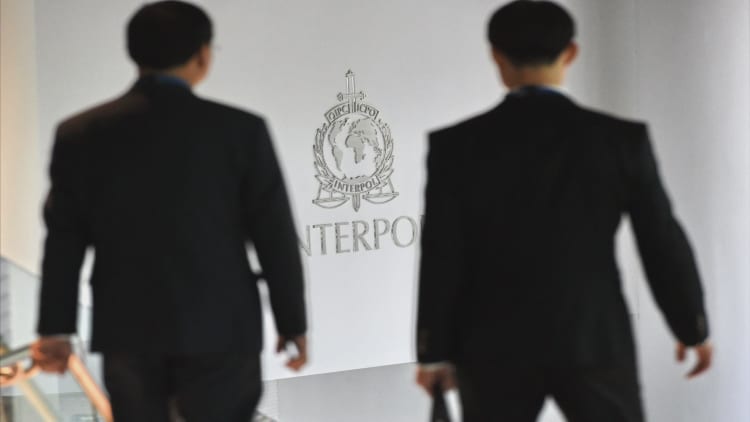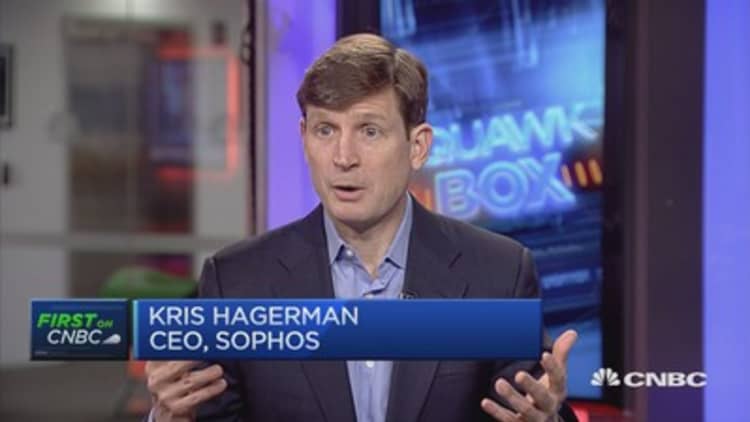Whenever there's a headline-grabbing cyberattack, Michael
Aperio protects large industrial systems, such as power companies, by analyzing data quality. And they tend not to panic easily. But
"It's one thing when I tell them: Look at these past examples, it can be done, the technology is not so sophisticated. But it's a different thing when it's on the TV, on the news. It's more convincing," says
Earlier this year Aperio won the coveted prize for most innovative start-up at Tel Aviv's Cybertech conference. It positions itself as the "last line of defense" for large industrial systems and says that it, "detects artificial manipulations of industrial process data in real time."

"This is one of the scarier parts for me in the whole story. The things that we really rely on for electricity, water, gas supply health care, there's very little incentive there most of the time to upgrade the systems," says
"In power
He explains that installing Aperio is therefore completely non-intrusive and doesn't require any downtime. "Otherwise no one would actually do it."
Attacks such as WannaCry and many others are constantly going on,
Deterrence is sorely lacking at the moment,
That's why he's in favor of something that Microsoft has mooted, a 'cyber Geneva convention'. There are very few success stories. And when it was successful, it was due to collaboration between different countries, different actors, between the security industry and law enforcement. I was part of one such organization and I know that if there's more collaboration it will really help in scaring off potential hackers."

Crucial infrastructure systems, in particular, will be faced with both an increasing amount of cyber-criminal activity and also have to be prepared for more sophisticated attacks from state actors, says
Cyberspace is getting increasingly crowded with increasingly sophisticated players, notes
Even so, in terms of the cyber security industry,
It's not so simple to build that ecosystem from scratch, notes




